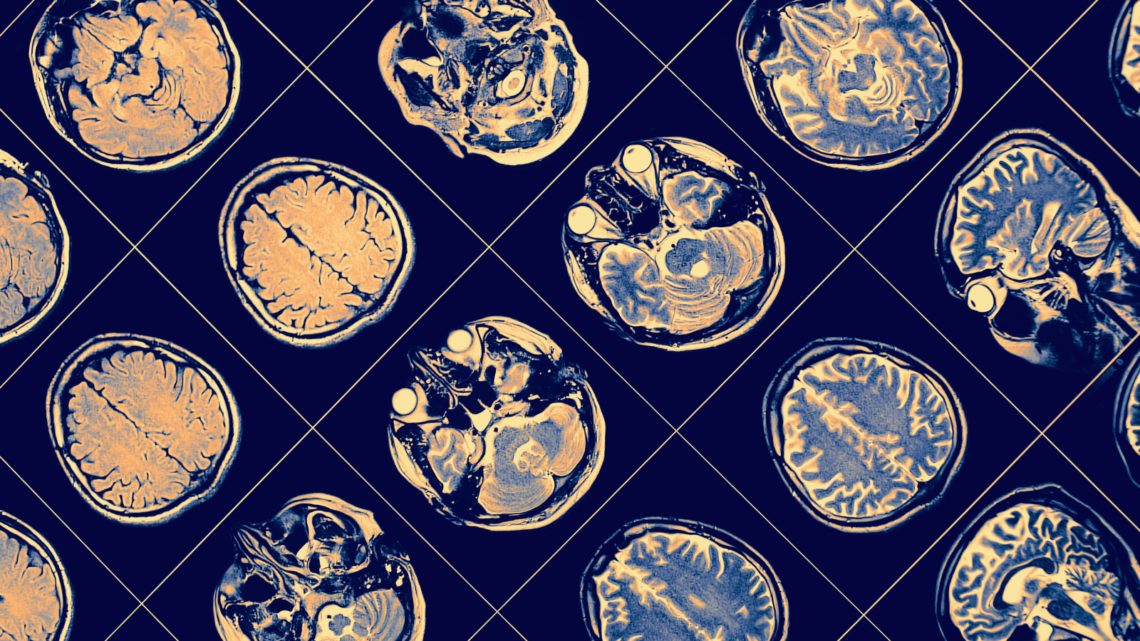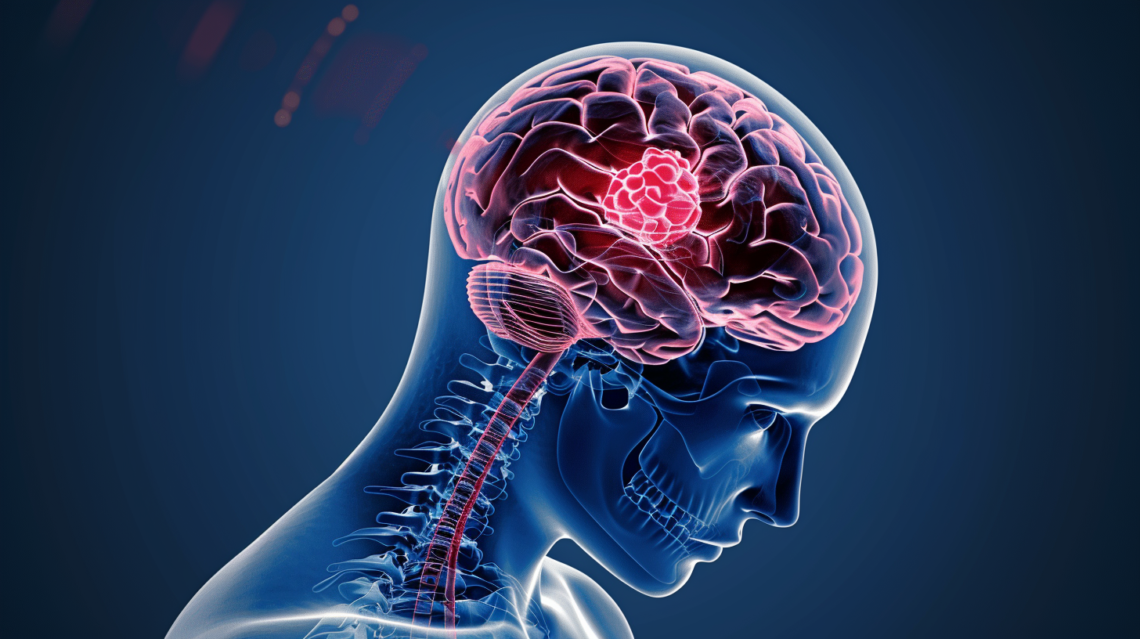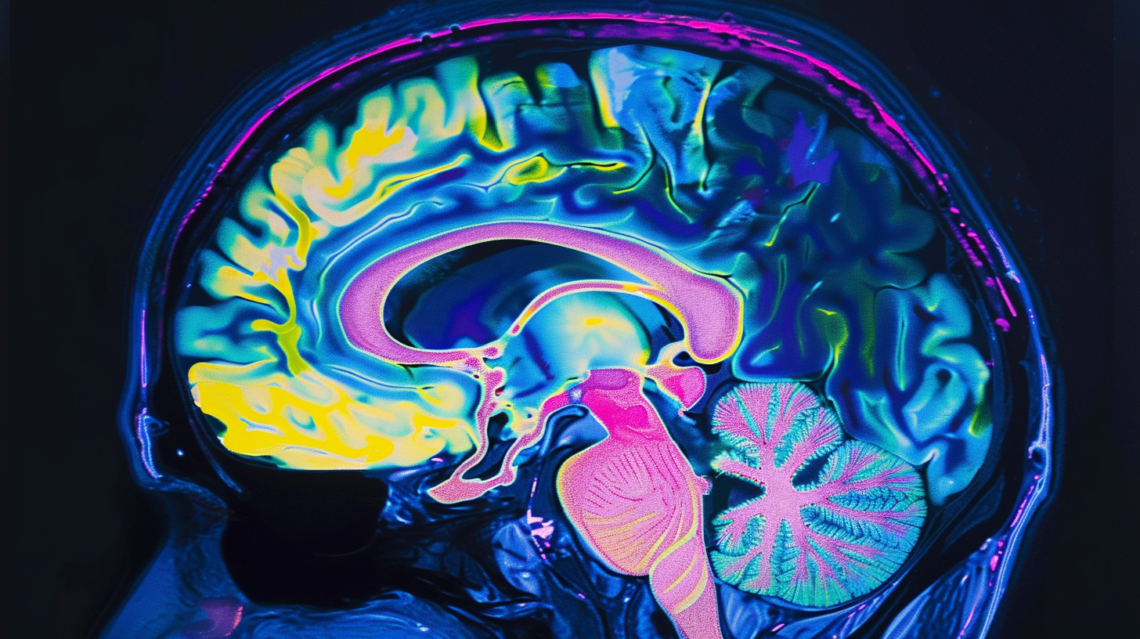Brain Health
-
Preventing Concussions
With thousands of children and teenagers now back to school and also partaking in after-school activities, it’s not uncommon to see contact sport-related injuries on the rise such as sprains, bone fractures and concussions. A concussion occurs when the brain impacts the inside of the skull, usually the result of direct trauma to the head, and causes damage that ultimately changes how your brain cells function. While concussions are common among athletes and school-aged children, kids and adolescents are also at higher risk of developing a concussion due to the fact that their brains are still growing. Symptoms of conclusions can be physiological (including headaches, dizziness and nausea, cognitive (including…
-
Melatonin
Made by the pea-sized pineal gland, melatonin is a type of natural hormone (often referred to as the “sleep hormone”) that helps regulate your circadian rhythm and tells your body when it’s time to go to sleep and when to wake up. While many people don’t have any issue getting to sleep at night, there are other individuals who might have a hard time falling or staying asleep, which is also commonly referred to as insomnia – and if you happen to be one of those people, then your body may need additional melatonin, which can be obtained through taking a melatonin supplement. Aside from treating insomnia, melatonin has also…
-
Overcoming Mental Fatigue
When it comes to overexerting yourself, both the body and mind can be affected. According to psychologists, we all have limits when it comes to our cognition, and when we take on more than what we can handle that can ultimately result in mental fatigue – also known as exhaustion. In fact, it’s one of the reasons why we’re seeing more and more athletes and celebrities being hospitalized, because their scheduled are either too jam packed or they’ve taken on more than their bodies allow. To avoid mental fatigue, it’s important that you not overcommit yourself to things. If you’re being pulled in a million different directions, you’re going to…
-
Brain Injuries in Canada
Traumatic brain injury (TBI) represents one of the most significant public health concerns in Canada. By 2031, TBI is expected to be among the most prevalent neurological conditions affecting Canadians, alongside Alzheimer’s disease, other dementias, and epilepsy. The impact of TBI on individuals and society is profound, given its role as a leading cause of disability both globally and domestically. In Canada, approximately 2% of the population lives with a TBI, leading to about 18,000 hospitalizations annually. One-third of these individuals are women, with a notable prevalence of TBI during the early reproductive years (15-24 years), primarily due to intimate partner violence and accidents. Women with TBI are also more…
-
Early Psychosis and Schizophrenia Awareness
Schizophrenia is a chronic mental health condition marked by disruptions in thought processes, perceptions, emotional responsiveness, and social interactions. One of the key phases in the onset of schizophrenia is the early psychosis stage, a critical period during which initial symptoms of the condition start to appear. Understanding both early psychosis and schizophrenia can shed light on the complex nature of these disorders and highlight the importance of early intervention. What is Early Psychosis? Early psychosis, also known as the prodromal phase, refers to the initial phase of illness before the disease fully manifests. This phase usually occurs in late adolescence or early adulthood, a developmental period when individuals are…
-
Living with MS in Canada
Canada is recognized as having one of the highest rates of multiple sclerosis (MS) globally, with an estimated 90,000 Canadians currently living with this debilitating disease. The gravity of the situation becomes apparent when considering that, on average, 12 Canadians are diagnosed with MS every single day. This chronic illness predominantly affects individuals between the ages of 20 and 49, marking the beginning of a lifelong struggle against its unpredictable and often progressive nature. Multiple sclerosis is a complex neurological disorder that targets the central nervous system, encompassing the brain, spinal cord, and optic nerves. Classified as an episodic disability, MS is characterized by its varying severity and duration of…
-
Brain Tumour Awareness Month
In Canada, the month of May is recognized as Brain Tumour Awareness Month, a significant period dedicated to enhancing public understanding of brain tumours, advancing research, and providing support to those affected by this challenging condition. There is a concerted effort, encapsulated in the campaign #TurnMayGrey, aimed at raising awareness for brain tumours. This initiative seeks to unite Canadians, encouraging them to collectively raise their voices and foster positive changes that could lead to more effective treatments and, ultimately, a cure. For those diagnosed with a brain tumour, the experience can be profoundly different from one person to the next. The symptoms that may present can vary greatly and influence…
-
Food’s Impact on the Brain
In order to stay as healthy as we can, we need to ensure that we’re always making healthy choices and be conscious of how we treat our bodies from both a mental and physical standpoint. This can mean doing things like getting regular exercise, getting adequate amounts of sleep each night, avoiding bad habits (such as smoking tobacco or drinking alcohol in excess), as well as having a diet that is rich in essential nutrients – including vitamins and minerals, proteins, healthy carbohydrates and fats, and water. Eating well is fundamental for our overall health and wellbeing, as the healthier foods we eat, the less likely we are to develop…
-
Functional Neurological Disorder
Understanding Functional Neurological Disorder (FND) necessitates a journey into the complexities of how our bodies and brains communicate. This condition, intricate in its nature, affects the nervous system’s functionality, specifically in how the brain and body send and receive signals. In essence, something goes awry in this communication network, leading to a plethora of symptoms that defy easy categorization under known diseases. FND is multifactorial, meaning it can be sparked by a variety of risk factors, both physical and psychological. These contributing elements can intertwine in a manner that makes it challenging to pinpoint a single cause. The resulting symptoms are undeniably real and can significantly impact an individual’s quality…
-
Hypoxic Ischemic Encephalopathy (HIE)
When a baby’s brain doesn’t get enough oxygen, it can lead to a serious condition known as Hypoxic Ischemic Encephalopathy (HIE). This can happen for a few reasons, such as if there’s not enough oxygen in the baby’s blood, or if the blood isn’t flowing properly to the brain. HIE falls under the larger category of neonatal encephalopathy, which is a fancy term for various conditions that affect newborn babies’ brains. There are other causes too, such as genetic issues, metabolic problems, strokes in newborns, or infections in the mother or baby around the time of birth. These issues can arise before the baby is born, during birth, right after…









